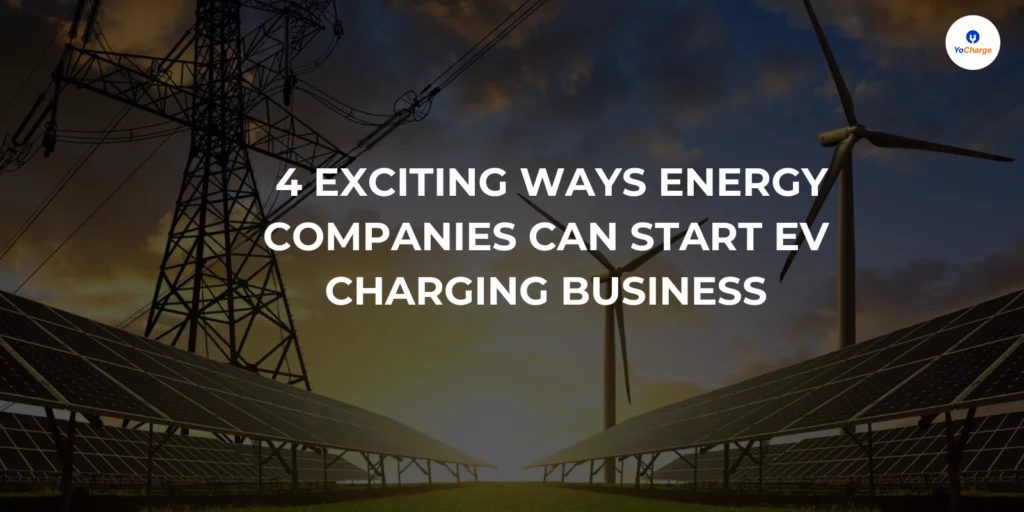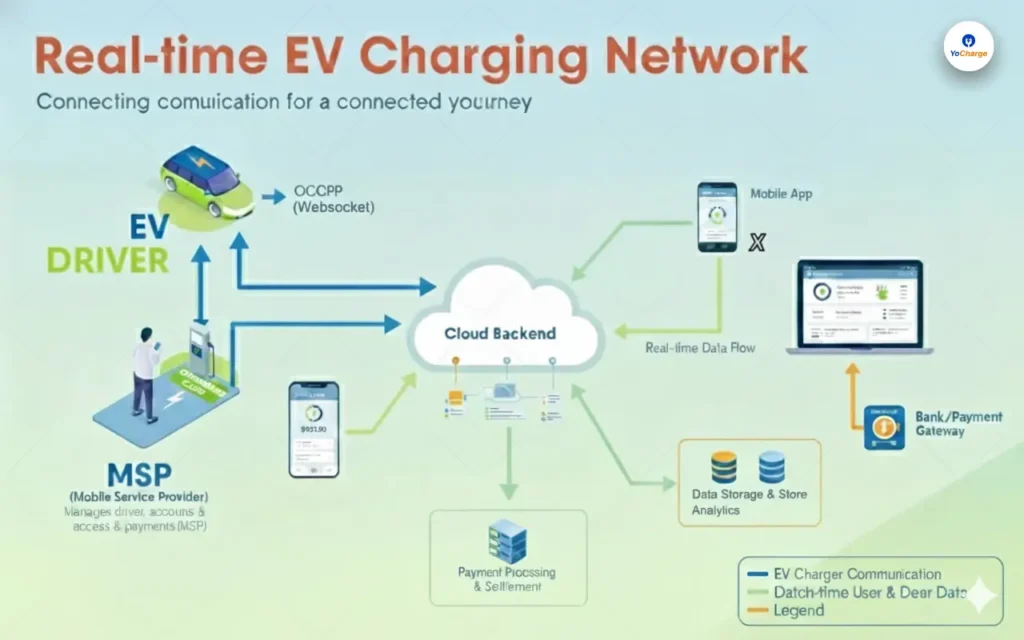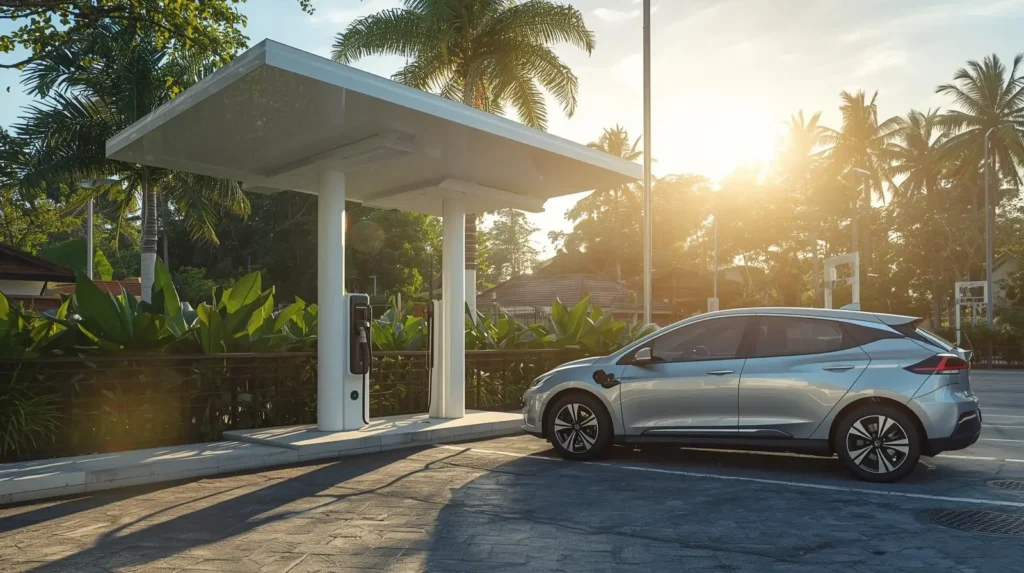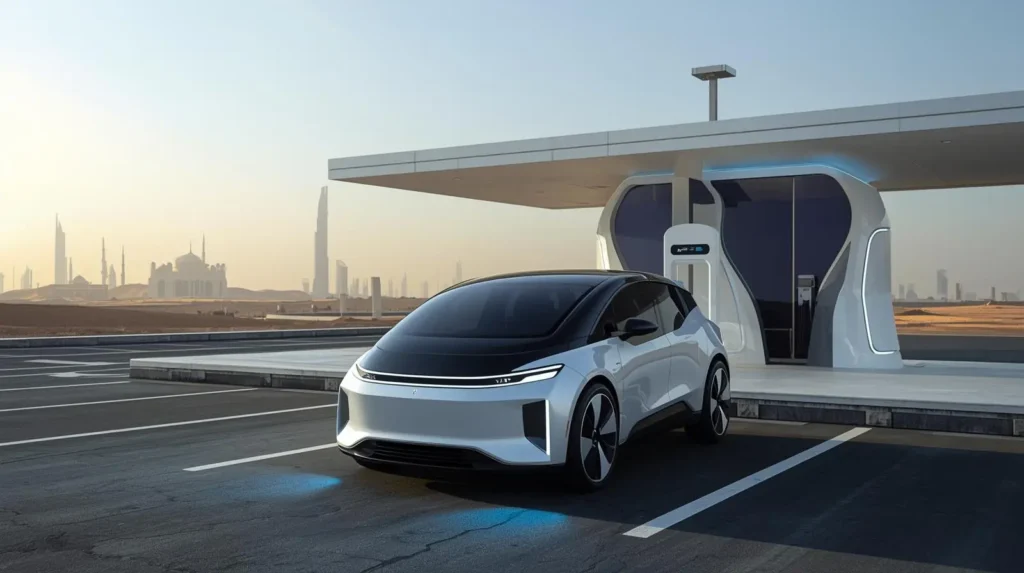
The demand for electric vehicles is increasing, creating a need for more EV (Electric Vehicle) charging stations. According to Allied Market Research, the EV charging station market is expected to reach $226 billion by 2031 with a projected annual growth of 30.5%. Therefore, Investing in the EV charging station business presents a profitable business opportunity for energy companies.
To start an EV charging business, energy companies should have a comprehensive plan that includes market research, legal documentation, and a data-driven approach to planning sales and marketing strategies. In this blog, let’s delve into the top four strategies for how energy companies can start the EV charging business. Read Ahead.
How Energy Companies Can Start EV Charging Business
1. Boost Sales With Strong Pricing Strategies
Energy companies have the opportunity to increase the sales of goods through the implementation of strong pricing strategies. For a long time enhancing customer relations, they can tailor electrical vehicle (EV) charging services to meet individual needs. This is a good opportunity for energy companies to enter into EV Charging business.
Notably, several energy companies, including Octopus Energy Group, SP Energy Networks, and India Power Tariff have introduced time-of-use and specialized EV charging tariffs to incentivize customers to curtail energy consumption during peak demand periods.
Through such measures, energy companies effectively manage EV charging behaviors, mitigate strain on the grid, and enhance system utilization while reducing per-unit costs.
2. Invest & Implement EV Charging Network
Investing in and rolling out electric vehicle (EV) charging infrastructure is crucial for the widespread adoption of EVs. However, one of the biggest challenges in this regard has been the lack of charging infrastructure. But, there is no need to worry, Energy companies can help address this issue as
- They can offer home charging services, selling and installing charging stations.
- They can also meet the power needs of public, fleet, and destination charging sites.
- Energy companies are well-suited for the task and have access to low-cost capital and experience in maintaining & building large-scale infrastructure.
European and Chinese energy companies have made significant strides in developing public EV charging networks. Collaborative efforts among 60+ primarily investor-owned power companies in the United States have resulted in the installation of EV fast-charging points along major interstate highways.
3. e-mobility Related Services
In the field of e-mobility, cooperation in industries such as motor vehicles, hardware manufacturing, payment processing, and policymaking is essential for its advancement. Energy companies act as the focal point within the electric vehicle (EV) ecosystem, acting as intermediaries connecting the customers, vehicle charters, etc.
They provide various opportunities for enhancing the value creation and customer experience of this central role. The major approaches to enhance value creation and customer experience include:
Collaborating With Public Charge Point Operators (CPOs)
- Energy companies can collaborate with CPOs to offer energy sales services.
- Alternatively, they can become public CPOs themselves, facilitating on-street overnight charging.
- Total Energies in the Netherlands exemplifies this strategy, offering competitive pricing and services.
Focus On Destination Charging
- Energy companies can develop flexible charging solutions across a nationwide network to cater to EV drivers’ needs.
- “Enel X Way” (an energy company in Italy) used this strategy to create value and best customer experience.
Expansion Into Workplace Charging
- Expanding into workplace charging presents an opportunity for energy companies to bolster monthly recurring revenue (MRR).
- Providing consulting services to business-to-business (B2B) clients further enhances revenue streams.
Energy companies play an indispensable role in the operation of e-mobility service providers and a great strategy to enter into EV Charging business. They generate multiple value streams, known as ‘value stacking,’ allowing service providers to create more appealing offers. They use data to optimize flexibility and gain insights, which helps them to meet customer’s needs.
4. Increasing Grid Flexibility With Smart Load Management
Electric Vehicles (EVs) can be used as an effective tool for managing the load on the power grid. This is achieved by utilizing the batteries of EVs as an additional energy storage resource, which enhances the flexibility of the grid. Smart energy management systems play a crucial role in regulating the flow of energy between the grid and EVs, enabling a balance between energy supply and demand.
With the help of Vehicle-to-Grid (V2G) technology, EVs can even supply electricity back to the grid from their batteries. This helps system operators in managing energy consumption while also providing financial benefits to EV drivers.
Load management strategies aim to minimize the impact at individual charging locations while maximizing associated system benefits. Dynamic load management in areas with limited power capacity helps restrain electricity utilization by a group of charging stations, mitigating the need for costly power upgrades and optimizing existing infrastructure.
The Final Words
The future of transportation is electric, and the demand for convenient and accessible EV charging solutions is increasing. It is important to keep in mind that with research, strategic planning, and commitment, you can achieve success in your EV Charging business. If you are an energy company or power utility provider looking to launch your EV Charging business, YoCharge is here to help you. As a trusted partner for EV Charging solutions, YoCharge’s goal is to make charging of electric vehicles easy, safe, reliable, and cost-effective. Contact Us Now!



